On the anniversary of Churchill’s death we pick out some highlights from his portraits of the era’s great men. Here’s how David Lloyd George’s mysterious Welsh wiles confounded a very grand statesman…
I’ve just finished reading Churchill’s Great Contemporaries, a collection of biographical essays. You rapidly realise how he managed to earn huge sums from his journalism: bags of immediacy, terrific phrases, striking insights. I’ve just noticed it’s the fiftieth anniversary of the great man’s death, which manages to make the book topical, and permits me to put up some extracts.
This extract contrasts the English Lord Curzon, one of his subjects, with Welshman David Lloyd George, who, frustratingly, isn’t. I enjoyed it as it reflects how the Welsh themselves imagine they get one over the English (something that, of course, happens rarely, at least off the rugby field; cf. electoral career of N Kinnock).
Nice one, Dai!
(And the bit about the rabbits is priceless.)
Incidentally, the Curzon essay contains this famous summation of his career, even more beautiful than it is true:
“The morning had been golden; the noontide was bronze; and the evening lead. But all were polished till it shone after its fashion.”

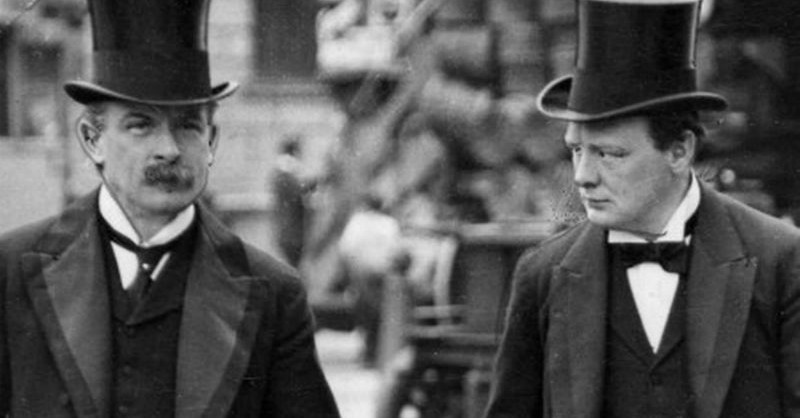
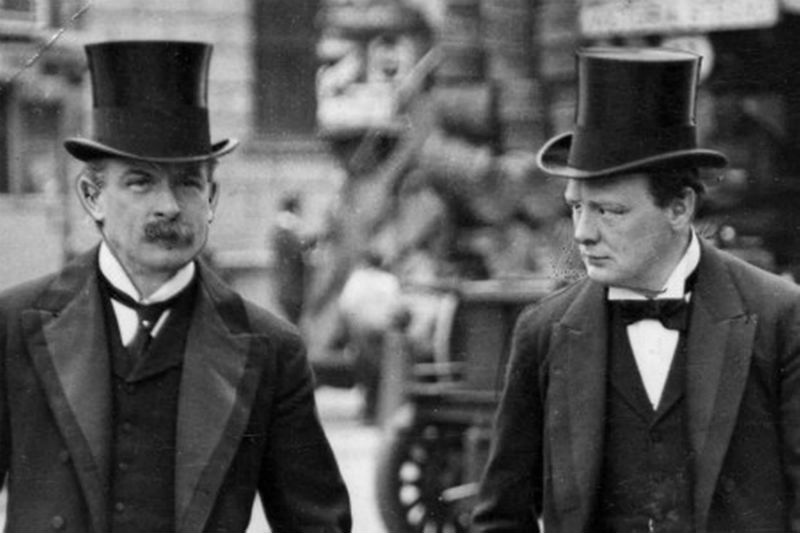
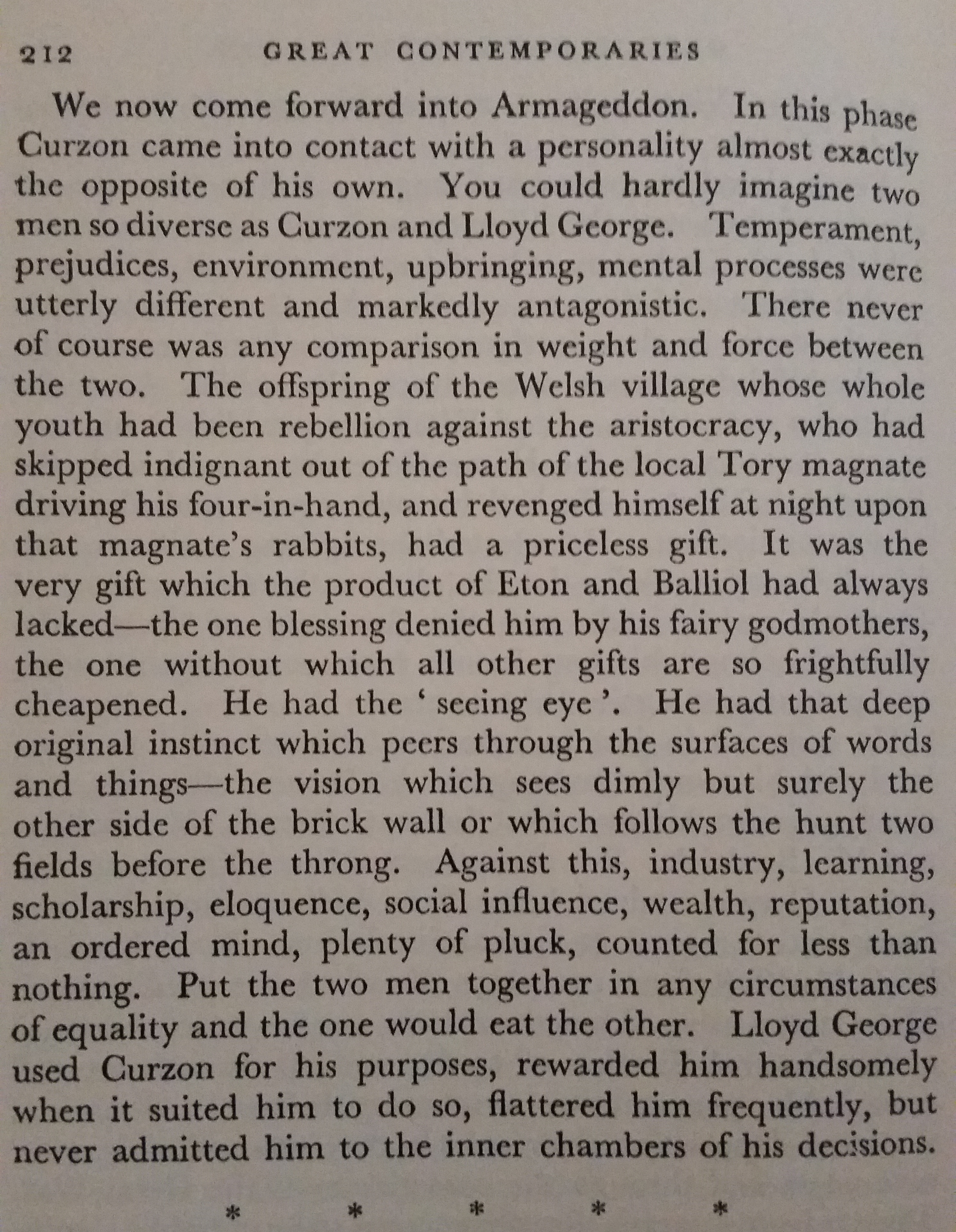
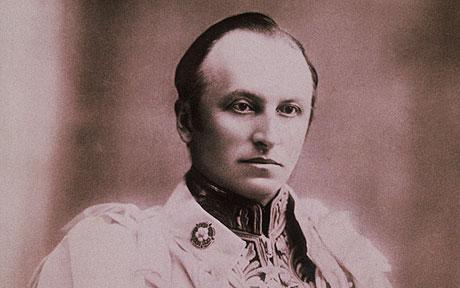
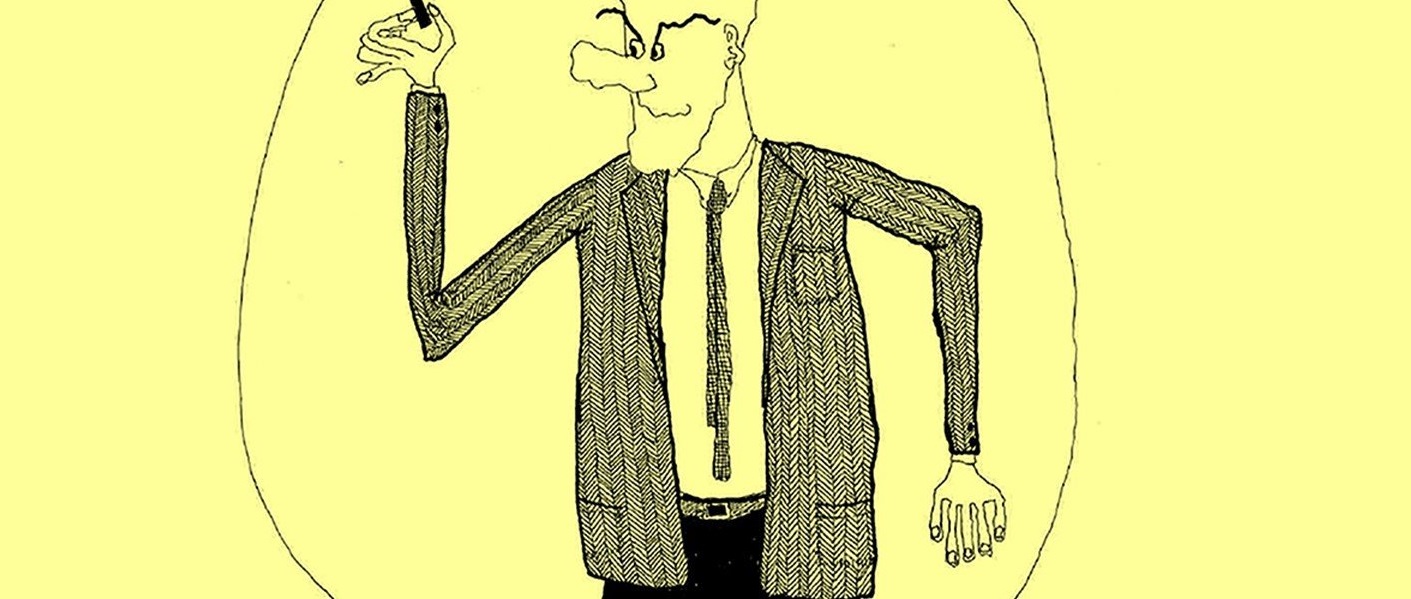
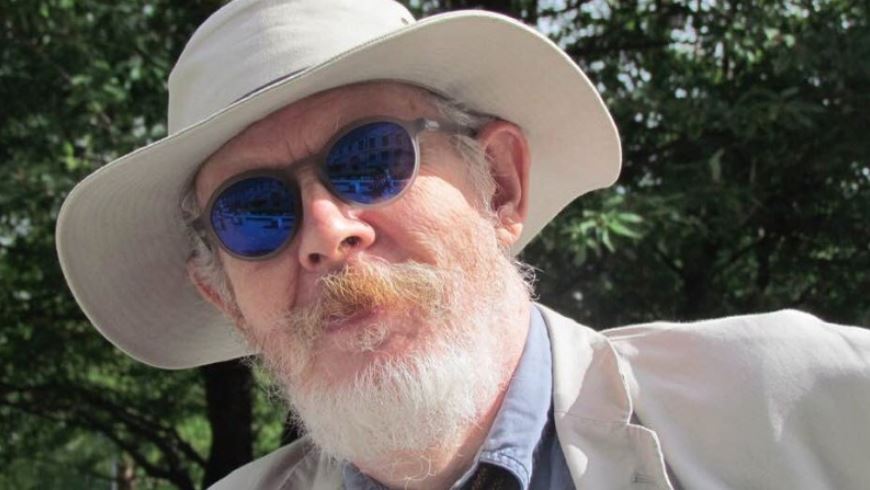







from wikipedia –
“My name is George Nathaniel Curzon,
I am a most superior person.
My cheeks are pink, my hair is sleek,
I dine at Blenheim once a week.”
and
‘Curzon did not have David Lloyd George’s support. Curzon and Lloyd George had disliked one another since the 1911 Parliament Crisis. The Prime Minister thought him overly pompous and self-important, and it was said that he used him as if he were using a Rolls-Royce to deliver a parcel to the station; Lloyd George said much later that Churchill treated his Ministers in a way that Lloyd George would never have treated his: “They were all men of substance — well, except Curzon.”‘
Robert Graves, Goodbye to All That, spring of 1916:
“Lloyd George was up in the air on one of his ‘glory of the Welsh hills’ speeches. The power of his rhetoric amazed me. The substance of the speech might be commonplace, idle and false, but I had to fight hard against abandoning myself with the rest of his audience. He sucked power ffom his listeners and spurted it back at them. Afterwards, my father introduced me to Loyd George, and when I looked closely at his eyes they seemed like those of a sleep-walker.”
Anthony Burgess agrees with Graves about the eyes.
The above is true enough, but it’s worth noting that Lloyd George’s origins weren’t quite as humble as he liked to imply (tho’ many have taken him at face value – always an unwise thing with David Ll. G.!).
They were comparable with those of Margaret Thatcher – modest but not so very lowly (contrast, say, Harold Wilson or Edward Heath). His “Uncle Lloyd”, who brought him up, would in modern parlance be termed a successful small businessman. He employed half a dozen men, and had sufficient resources to article both David and his brother to a local solicitor’s firm and then help them establish their own legal business. He was able to build himself a quite substantial house to retire to.
And ultimately Lloyd George’s ancestry lay among the minor gentry.